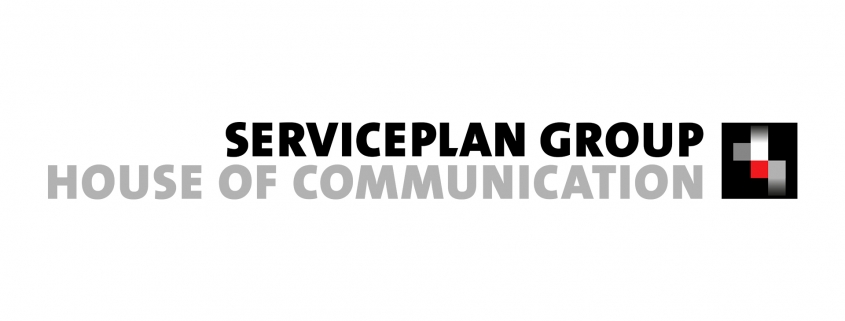Staring at the pulsating city of Bangkok, from the rooftop of a skyscraper, we said to each other – “Wouldn’t it be totally crazy and awesome to work in Asia?” The year was 2008. We had just moved into our new apartment in Berlin. And then, just three months after we had said those now seemingly prophetic words, we got an offer to go to China. Getting a chance to live and work there was like a dream come true. The opportunity was as fascinating as it was challenging, but it didn’t take long before we said – yes we can! So we left behind the safe haven of our homeland to work in a country whose language we didn’t know at all, and whose culture was something completely new, alien! Six Chinese words – ‘Hello!’, ‘Left / Right’, ‘Straight!’, ‘Stop!’ and ‘Bye-bye!’ were our guide in the 20-million strong megacity.
Being advertising professionals, China was a goldmine of opportunities. We not only shared our international expertise but also exchanged knowledge with the local team to translate challenges faced by international brands into new and effective ways of communication. Leading a team of 30 professionals – 1/3 International and 2/3 Chinese – evolved into a dynamic synergy of East and West. Time just slipped by, our team was very successful and we even represented the agency in Korea and travelled all over Asia – Japan, Malaysia, Korea, Philippines and so on. And after two and a half amazing years in China we took up our biggest challenge so far – India!
We had heard so much about this incredible country – from our friends, colleagues, and yes of course seen glimpses of it in Discovery and Nat Geo. We also had our own perceptions about what India and Indians must be like. But after the China experience, we knew stereotypes are like fragile glass – they break instantly when you experiencing reality. This time, it wasn’t just the culture and people that were going to be new. Even the situation and circumstances were different – to set up a full-service agency from scratch. And again for international clients like BMW, MINI and Lufthansa.
So, we were off to experience India, FIRST HAND!
Were we scared? YES!
Were we excited? HELL YES!
With adrenaline pumping in our creative veins we said… NEW DELHI, HERE WE COME!
So started our journey in the ‘millennium’ city of Gurgaon, one of the fastest growing cities around New Delhi. Here, we built the Indian arm of Liquid Campaign from the ground upwards, operating out of our esteemed client BMW’s office in the beginning, as we waited for our own office to come up at the German Centre. In between, we also had to move to a makeshift office where there was no power backup, no windows and basically no furniture!
Every challenge that came our way we turned it into an opportunity. So, even literally setting up a whole new office became a learning experience, as we scouted the local market for office equipment – from laptops to furniture, and got a firsthand feel of the city of Gurgaon. In fact, our new office bears our personal touch and many visitors, from the president of BMW India to the German Ambassador have commended it for its striking minimalist/industrial decor.
Soon we added more members to team Liquid and we were off to a flying start. We launched the BMW 6 Series Convertible, the BMW X3 and later the iconic MINI in the Indian market. And then came the Indian launch of the BMW 3 Series – the world’s most widely sold premium car. This was a challenge and responsibility on a much larger scale that would define our future as an advertising agency in India. We worked tirelessly with our team to develop a core communication idea for the all-new BMW 3 Series. Thus was born THE ULTIMAT3 launch campaign for the BMW 3 Series – made in India for India. A 360° campaign that encompassed all channels and successfully created the right buzz across all platforms. The best reward for us was the phenomenal feedback we got from the campaign.
So, this is our story so far. Not a day goes by when we don’t encounter something new in India – new places, new food, new people, and new challenges. Its sheer size and diversity make it seem so chaotic to an outsider. And the Indian consumer continues to baffle even the most seasoned marketing and advertising professional. We are glad to be a part of this journey, which continues to shape us professionally and personally. We are glad we had the courage to say “Yes!”
The best part is, this is just the beginning…

